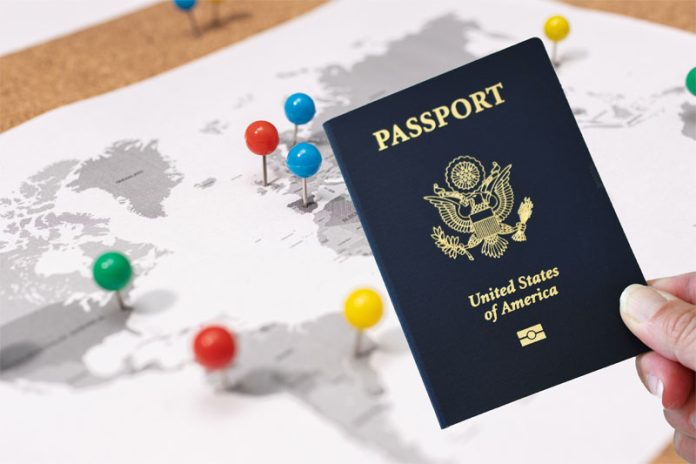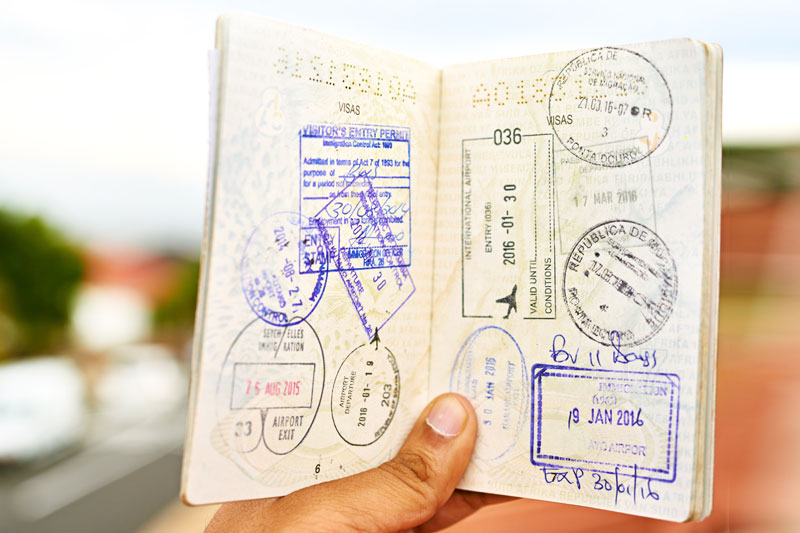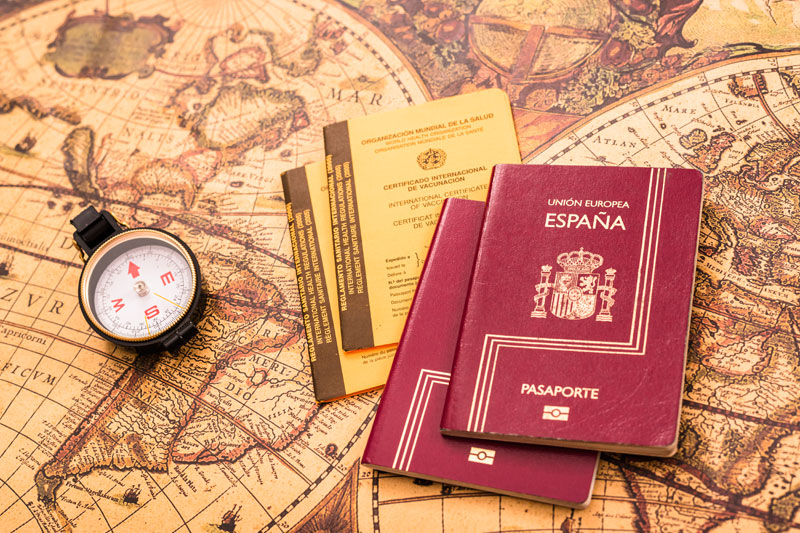
Best passports for global travel in 2025: Discover the top-ranked countries, mobility trends, and rising shifts in visa access and political risks.
As the world changes, some passports offer more travel freedom than others. The 2025 Henley Passport Index ranks 199 countries based on visa-free access.
Singapore and Japan top the list, surpassing last year’s six-way tie. While some nations rise, others, like the US and UK, are seeing their global mobility decline. These rankings reflect not just travel access, but shifting global trends, political impacts, and increasing visa inequalities.
Singapore holds the title for the best passports for global travel, taking the #1 spot with access to 195 destinations. Japan follows closely with 193 destinations, boosted by renewed access to China.
Several European countries, including France, Germany, Italy, Finland, and South Korea, now rank 3rd, offering access to 192 destinations.
Austria, Denmark, Ireland, Luxembourg, Netherlands, Norway, and Sweden share 4th place with 191 destinations. Belgium, New Zealand, Portugal, Switzerland, and the UK follow in 5th with 190 destinations.
At the bottom, Afghanistan holds last place, with far fewer destinations. Singaporeans can travel to 169 more countries visa-free than Afghans.
The Henley Passport Index ranks passports based on visa-free access, using data from IATA. The UAE has climbed 32 spots in the last decade, now at #10 with 185 destinations, up from 72 new destinations since 2015.
In contrast, the US has dropped seven spots, from 2nd place in 2015 to 9th this year. The UK, once #1, now ranks 5th. Canada has fallen from 4th to 7th, while Venezuela follows a similar downward trend. Meanwhile, China has made the biggest rise, climbing from 94th to 60th.
Experts say the US decline stems from growing political isolationism. Americans now lead in second citizenship applications, making up 21% of global requests.
Global Mobility Inequality
The Henley Global Mobility Report 2025 highlights a growing divide in global mobility. African applicants face significantly higher rejection rates for Schengen visas than those from other regions. While one in six global applications are rejected, half of all African applications are denied.
This disparity underscores broader global mobility inequality. African citizens, facing economic and political hurdles, have limited international access and opportunities.

Political Risk Insurance for Americans
US passport holders are increasingly seeking alternative citizenships due to rising geopolitical risks. Political uncertainty is pushing the wealthy to secure multiple citizenships. Prof. Peter J. Spiro calls this trend “geopolitical arbitrage,” with many looking to hedge their risks.
As instability grows, people are turning to “political risk insurance” through dual citizenship. With the potential for renewed travel bans and stricter immigration policies, political risk is a major concern for Americans, especially with a possible second Trump term.
Digital Travel Overhaul in 2025
In 2025, digital border control systems are transforming global travel. The UK’s ETA came into effect today, and Europe’s ETIAS will launch soon. These systems will allow quick digital authorization, making travel easier for millions.
Related: EU Entry/Exit System to Affect Cruise Passengers in 2025
IATA is also testing digital identity and biometric systems to streamline airport procedures. These innovations will enhance travel efficiency and global connectivity, boosting economic growth.
The Henley Passport Index shows shifting global mobility trends. Asian countries, led by China and the UAE, are climbing the rankings. Meanwhile, the US and UK are declining, and African applicants face increasing travel restrictions.
The next decade will bring significant changes to global travel. With rising political instability and digital systems reshaping the industry, the future of passports is rapidly evolving. Click here for further details on ranking and methodology.
Related: Best Passports with Most Visa-Free Access to 227 Destinations for 2024
Here are the top 20 best passports for global travel, along with the worst ones.
Top 20 on the Ranking Index
Access refers access to the number of destinations.
| Rank | Country | Access |
|---|---|---|
| 1 | Singapore | 195 |
| 2 | Japan | 193 |
| 3 | Finland, France, Germany, Italy, South Korea and Spain | 192 |
| 4 | Austria, Denmark, Ireland, Luxembourg, Netherlands, Norway, Sweden | 191 |
| 5 | Belgium, New Zealand, Portugal, Switzerland, United Kingdom | 190 |
| 6 | Australia, Greece | 189 |
| 7 | Canada, Malta, Poland | 188 |
| 8 | Czechia, Hungary | 187 |
| 9 | Estonia, United States | 186 |
| 10 | Latvia, Lithuania, Slovenia, United Arab Emirates | 185 |
| 11 | Croatia, Iceland, Slovakia | 184 |
| 12 | Malaysia | 183 |
| 13 | Liechtenstein | 182 |
| 14 | Cyprus | 179 |
| 15 | Bulgaria, Monaco, Romania | 178 |
| 16 | Chile | 176 |
| 17 | Argentina | 172 |
| 18 | Andorra, Brazil, Hong Kong (SAR China), San Marino | 171 |
| 19 | Israel | 170 |
| 20 | Brunei | 166 |
Worst 10 on the Ranking Index
| Rank | Country | Access |
|---|---|---|
| 1 | Afghanistan | 26 |
| 2 | Syria | 27 |
| 3 | Iraq | 31 |
| 4 | Pakistan, Yemen | 33 |
| 5 | Somalia | 35 |
| 6 | Nepal | 39 |
| 7 | Bangladesh, Libya, Palestinian Territory | 40 |
| 8 | North Korea | 41 |
| 9 | Eritrea | 42 |
| 10 | Sudan | 43 |





































